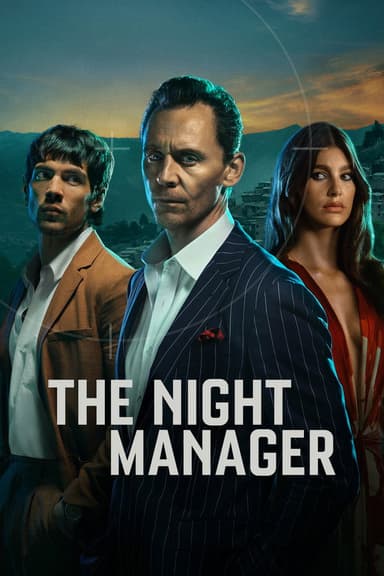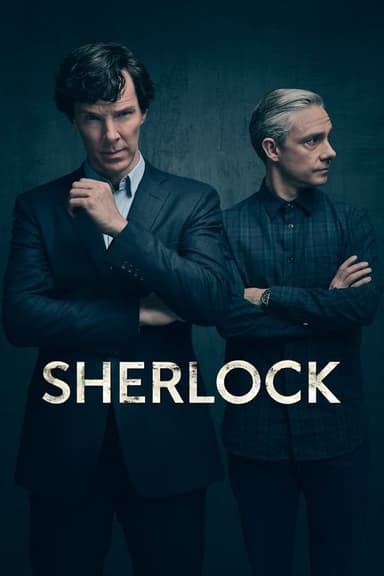
Fabio Montale
2001 • Action & Adventure, Crime, Drama • NR
Fabio Montale, a crime squad superintendent who knows Marseille like the back of his hand. The city crawls with gangs, corrupt policemen, shady politicians and the mafia – all standing in the way of justice.
Why you should read the novels
Discover the power of Mediterranean noir at its source with Jean-Claude Izzo’s Marseille Trilogy—Total Chaos, Chourmo, and Solea. These acclaimed crime novels plunge you into the soul of Marseille, where streets, sea, and sun shape every choice and consequence. If you care about atmosphere, character, and razor-sharp social insight, the books deliver an experience no screen can match.
On the page, Fabio Montale’s voice is intimate, lyrical, and haunting. Izzo blends hardboiled suspense with poetry, jazz, and unforgettable food and cityscapes, creating a living, breathing Marseille. The novels explore friendship, love, migration, corruption, and loss with emotional depth and moral complexity that reward slow reading and reflection.
Whether you’re a crime fiction fan or new to noir, reading Total Chaos, Chourmo, and Solea in English offers the definitive Fabio Montale experience. Start with Total Chaos and follow the arc through Chourmo and Solea to feel the full force of Izzo’s vision—gritty, humane, and profoundly moving, long after the final page.
Adaptation differences
The TV series Fabio Montale streamlines Jean-Claude Izzo’s lyrical, first‑person storytelling into a conventional crime drama. On the page, Fabio’s inner voice drives the narrative—philosophical, melancholic, and politically aware—while the adaptation relies on external action and dialogue, inevitably losing much of the novels’ poetic cadence and intimate moral reflection.
Casting and characterization shift the tone. In the books, Fabio is a weary, middle‑aged ex‑cop marked by vulnerability and self‑doubt; on screen, the star persona shapes him into a more iconic, self‑possessed figure. This aging-up and glamorization softens some of his fragility and reorients relationships, lending a romanticized heroism that contrasts with the novels’ raw, wounded humanity.
Plotlines from Total Chaos, Chourmo, and Solea are compressed into three feature-length episodes, prompting re‑sequencing, simplification of investigations, and altered or omitted character arcs. Several supporting characters receive reduced screen time or different outcomes, and certain bleak turns are moderated for prime‑time pacing and content standards. The result is tighter, faster storytelling that sacrifices layered subplots and the books’ devastating emotional accumulation.
Themes and setting are notably toned down. Izzo’s penetrating critique of racism, organized crime, and institutional corruption—deeply entwined with Marseille’s multiethnic neighborhoods—is muted in the series. The novels’ rich textures—Mediterranean cuisine, jazz, poetry, street-level detail—become background flavor rather than narrative engines. Viewers get a polished Marseille; readers get the city’s full complexity, contradictions, and heat.
Fabio Montale inspired from
Chourmo
by Jean-Claude Izzo
Total Chaos
by Jean-Claude Izzo
Solea
by Jean-Claude Izzo







